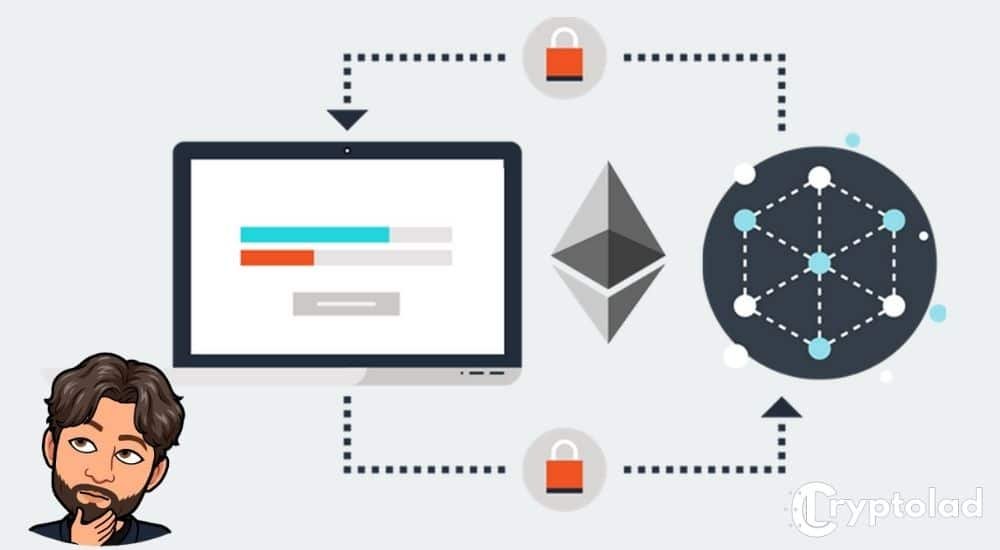Ethereum Explained: Will Ethereum Replace Bitcoin?
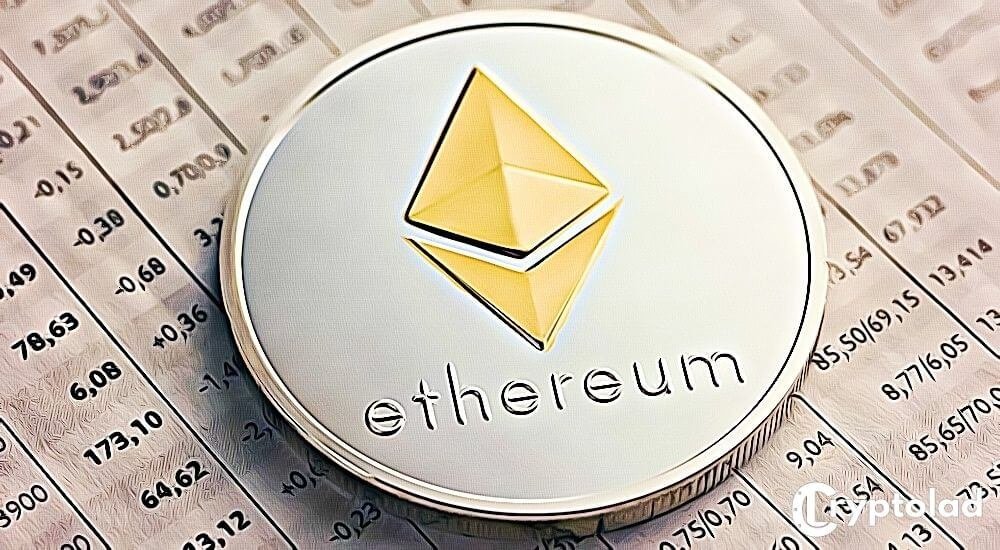
Ethereum is quite easily one of the world’s best-performing currencies, aiming to entirely transform the working of the internet. It aims to fully restore the internet as it was meant to be decentralized and democratized. Even if it gets actualized to a smaller extent, the impact will be huge and change the course of many aspects like finances, contracts, trust-making, data, and storage. This sounds great. Well, it really is. However, if you truly want to understand the potential of Ethereum, you’ll first need to understand what it is and how it works. We’re here to help you with that because our guide will have Ethereum explained straightforwardly. Let’s take a look.
Understanding Ethereum
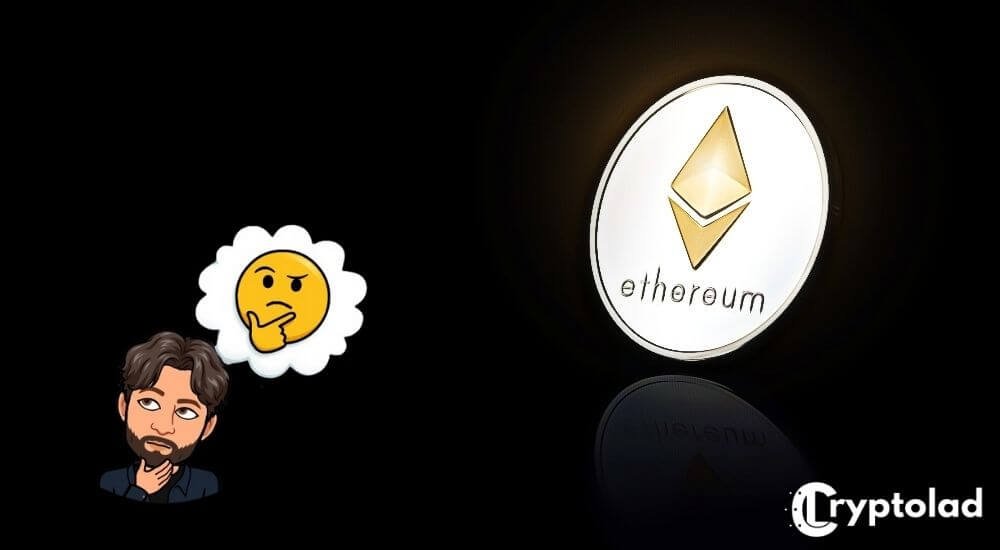
Before you can fully understand Ethereum, you will need to understand bitcoin and blockchain technology fundamentals, don't worry. We've explained these concepts for you very briefly below.
Background of Bitcoin and Satoshi
Bitcoin came into being in 2008 due to a white paper published under a certain Satoshi Nakamoto’s name. This paper laid the foundations of all the cryptocurrency networks, software, and platforms that we see today. It enabled peer-to-peer transactions, rolled out a plan to oust the intermediaries, and explained how programmed codes and mathematic algorithms could be the more trusted intermediaries. Here are some of its features:
- Decentralized digital currency.
- Limited supply.
- Anonymous transactions under pseudonyms.
- Divisible into the smallest unit Satoshi, which is equal to 1-millionth of a BTC.
- Immutability.
Since bitcoin was the first one ever to come out, its name became synonymous with two essential terms in the crypto world:
Cryptocurrency – A string of codes that represent a digital asset.
Blockchain – The foundation on which all the cryptocurrencies are embedded.
The Blockchain Explained

To put it simply, a blockchain is a decentralized database or common ledger that registers all the data in the form of special ‘blocks.’ These blocks are encoded in such a way that each new one sits on top of another in a definite sequence, making it an immutable ‘chain.’
One of the most important things about the blockchain is that you can only add new data to it, and once it’s done, there’s nothing you can do to remove it.
Another significant thing about it is that unlike normal databases, the blockchains' data aren’t present on a single server or computer. Instead, blockchain is spread throughout the world on thousands of different computers, each functioning as a node whenever something on the blockchain changes, every single node records that change.
This means that no single entity or firm controls the blockchain network, and mathematical algorithms and codes automate the whole network.
What is Ethereum?

A Russian-Canadian man named Vitalik Buterin founded Ethereum when he was just 19 years old. He wanted Ethereum to become the global leader for democratizing the internet from organizations, currencies, businesses, etc., using the same technology that powered Bitcoin. Ethereum aimed to take the economic control and restore the decision-making power into the people's hands, away from multi-billion dollar conglomerates, banks, and corporations.
How Does Ethereum Work?
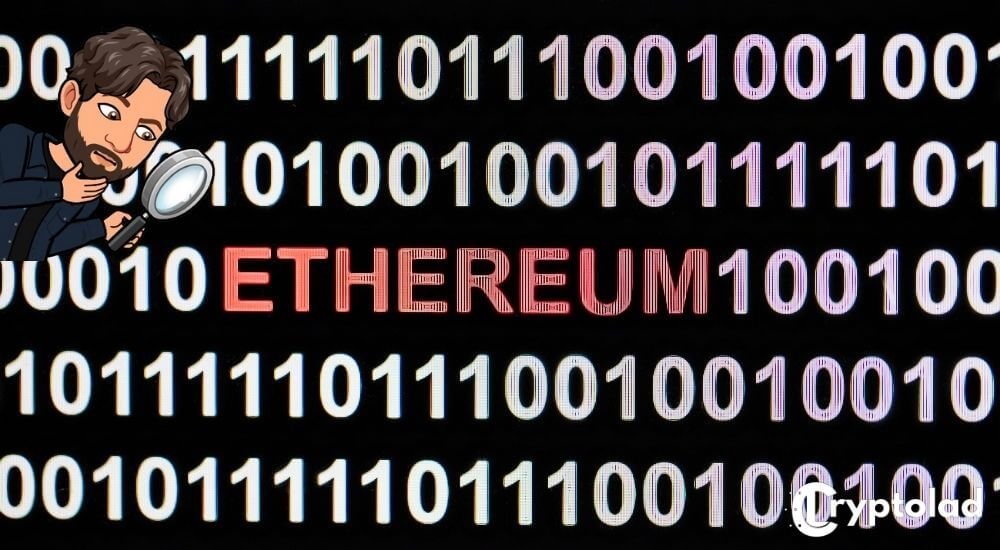
Ethereum may be based on the same blockchain as bitcoin, but its programming language is very different. It’s so flexible and open that developers can easily code programs and software that allow users to manage transactions and embed specific outcomes bound to happen under any circumstances. These kinds of programs are called smart contracts.
These smart contracts are the most distinguishing feature of the entire Ethereum platform. It can allow users to specify an outline of a relationship between two concerned parties and then uses code to ensure that those agreements materialize once the set conditions are met. This is revolutionary since the time and cost required to fulfill a traditional contract is high.
You can use this aspect of Ethereum in a lot of other complex setups with limitless possibilities in areas like:
- Crowdfunding
- Charity
- Financial Services
- Legal Services
- Insurance and much more
How Does Ether Work?
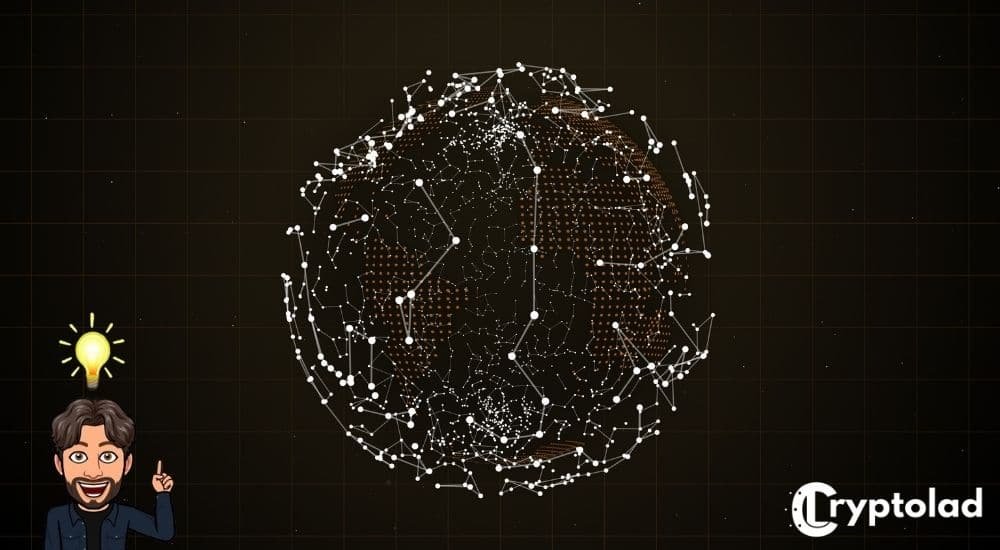
Like all other cryptocurrencies in circulation today, Ether also uses a distributed register or ledger to store all the transaction data. This ledger is public, completely transparent, and impossible to alter once a transaction is registered. The process of updating this ledger is known as mining.
Miners worldwide are responsible for confirming the myriads of transactions taking place in the Ethereum network and storing them using cryptography after solving a certain mathematical algorithm. These algorithms can range from complex to simple, depending on the speed required to keep processing time at one algorithm per 14 seconds.
Once all the nodes agree that the transaction was genuine, the new block adds to the chain of previous blocks, and the miner who processes it earns a reward in Ether tokens. The number of rewards could vary depending upon the current scalability of ether.
Here are a Few Benefits of Using Ethereum:
Ethereum, its programming foundation, and the open-source code provide a host of benefits to individuals, companies, etc.
- It cuts out an intermediary's role, reducing expenses and giving control back to the ordinary user.
- Smart contracts between two parties are stored, encrypted, and distributed throughout the Ethereum network on an open ledger to ensure transparency.
- Reduces the physical and financial ordeal for manual processing etc.
Smart contracts and ether are some of the newest concepts in the internet world with much power. There are a lot of potential drawbacks to it. Once the code is written in Ethereum and you’ve made a mistake, it can result in unwanted outcomes for everyone involved. Let’s take a more detailed look into what are smart contracts.
What are Ethereum Smart Contracts?
Within the Ethereum network, smart contracts are special tools that can enable financial transactions to take place once certain conditions are fulfilled. Ethereum is the first to create an enabling environment that could accommodate such programing in the platform. They’re not limited to their network alone.
Whether you like it or not, random intermediary entities control our digital lives. Sharing a simple picture of your dog with your classmates will require an intermediary like WhatsApp, Twitter, or Facebook. Hence, our presence on the internet is deeply controlled and influenced by central authorities that manage the whole networks and set the regulations and rules. In such a scenario, we see the smart contracts as a glimmer of hope that could unchain us from these giant companies.
How Blockchains Help Enforce Smart Contracts

Blockchains are what help enforce the rules on the Ethereum network without needing any third-party interference. They help initiate the smart contracts by implementing the rules incorporated in them.
Normal contracts that we use in businesses outline how two concerned parties need to go about their businesses. The law, government agencies, courts, etc., then enforce these agreed-upon rules. If one of the two parties, says party X, violates any terms, the other party, say Y, can take X to court for not following the agreement and then asks the court to make X follow the agreement. It takes time, money, and a lot of mental tolls. However, with smart contracts embedded in the blockchain, you can almost immediately enforce your contract without even involving anyone else. The contract materializes itself once the agreement takes place.
Ethereum leading the world of Smart contracts
With just one Google search, you can find out that Ethereum is the world’s second-biggest cryptocurrency platform in terms of market capitalization. Smart contracts are the only specific reason it came into being in 2013, and right to this day, it’s the most popular platform for them.
People don’t really use smart contracts outside of the Ethereum network, and most of them are skeptical that they’ll ever find acceptance in the mainstream. Many cryptocurrency enthusiasts believe that smart contracts will surely become the mainstream popular way of executing online working relations between two parties.
There are scores of apps working online that incorporate smart contracts. MakerDAO and Compound are two of the most widely-used Ethereum apps that use smart contracts for letting users lend and earn interest.
Why are Ethereum Smart Contracts so Special?
Although Bitcoin was the first to come up with the idea of smart contracts, their notion was too small and basic. Compared to the minimal approach of Bitcoin, the Ethereum smart contracts were very detailed and had a well-laid out structural plan.
In practice, every transaction that takes place on the Bitcoin network is a smart contract in essence with its own conditions and terms. For a simple transaction exchanging BTC, the contract is simple too. It requires certain conditions to be met, like providing a digital signature of proof that a certain individual does indeed own the amount of cryptocurrency they’re claiming to have.
On the other hand, Ethereum has a totally different language from Bitcoin that allows it to be more open and flexible to the developers using blockchain to do more than verify transactions. Programmers can code any contract that they can think of.
How do you Use Ethereum?

Apps on the Ethereum that use its blockchain network are very decentralized and give their users more control over their online data. It all depends on learning how to store, use or buy ether. These apps provide more robust alternatives to platforms like Google, Twitter, Facebook, etc., giving people more control and empowerment over their own data.
To enjoy these apps on the Ethereum network, all you need to do is have ether (ETC). These apps, called decentralized apps or (dApps) cost money because the Ethereum platform has minimal resources. The good news is that they’re trying to reform the system with an update Ethereum 2.0 to tackle its scalability and unaffordability.
As long as you have ether, you can use any computer or smartphone to access these decentralized applications.
What is an Ethereum Wallet?
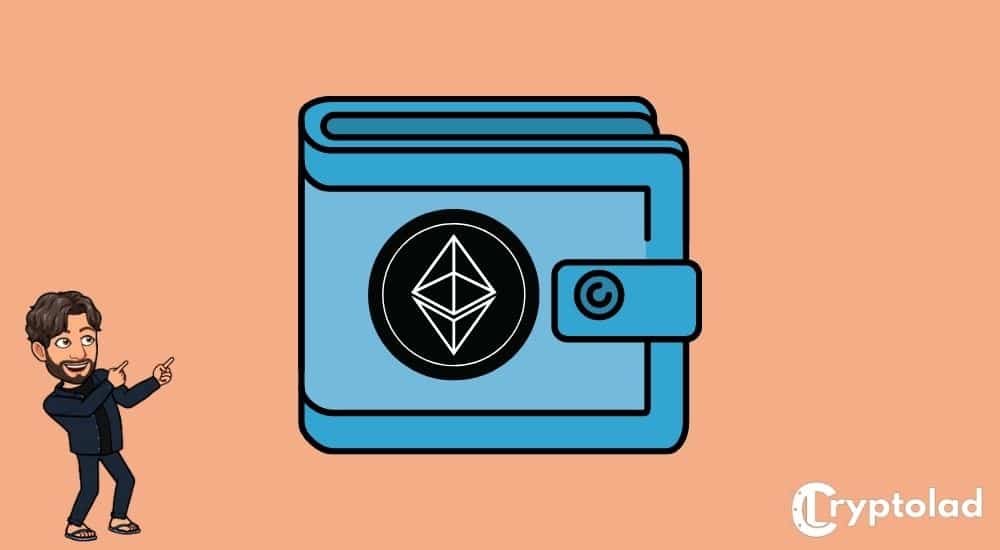
Before we get into acquiring ether, it’s important that you understand where to store it. For this, you’ll need a wallet. Like a real-world wallet, you have to store value in your Ethereum wallet. This value will be in the form of ethers. You can use laptops or smartphones to access these wallets because they’re all normal digital apps like any other.
You can store private keys; secret codes used to access ether, inside your wallet. Each one of these private secret keys is a long, unique, and scrambled string of numbers and letters that look like this sample:
024d9dlka3244e7c897234d80413c85ba5wq3e5g9fe7poq5weq45624ags882d234qd2
These private keys are important if you want to sell all your ethers. They allow access to people for selling them. That’s why it’s so essential that you keep them safe.
Numerous kinds of Ethereum wallets will help you store these private keys:
- Paper Wallets
- Mobile Wallets
- Hardware Wallets
- Desktop Wallet
Whatever wallet you choose depends on your own preferences, security concerns, and convenience.
It’s vital to mention here that losing your private or secret key means that you’ll lose your ether forever. It’s not like forgetting the pin of your Debit or ATM card or password of an online financial service. If you have ether in your wallet and you lose the key, you will never be able to access your bitcoin for spending it anywhere. It will be as good as gone. You’ve got to take good care of it.
Mobile Phone or Desktop Wallet:

Desktop wallets are for PCs while phone wallets are for smartphones. There are some wallets that you can use on both of your devices. Your mobile or desktop wallet can be either of these:
Custodial: As the name suggests, such wallets rely on third-party custodians if a user loses his or her private key.
Non-custodial: Non-custodial desktop or smartphone wallet doesn’t allow any third-party interference and only allows you to be in control.
Mobiles and laptops are always connected to the internet via Wi-Fi. This internet connection makes it vulnerable to cyberattacks. This is when you consider either a software or hardware wallet for Ethereum.
Hardware wallets
These are small electronic devices with high-end security and no connection to the internet.
Paper wallets
You can even print or handwrite your key with you on a piece of paper and physically keep it somewhere in one of your favorite books.
How to Buy Ethereum?
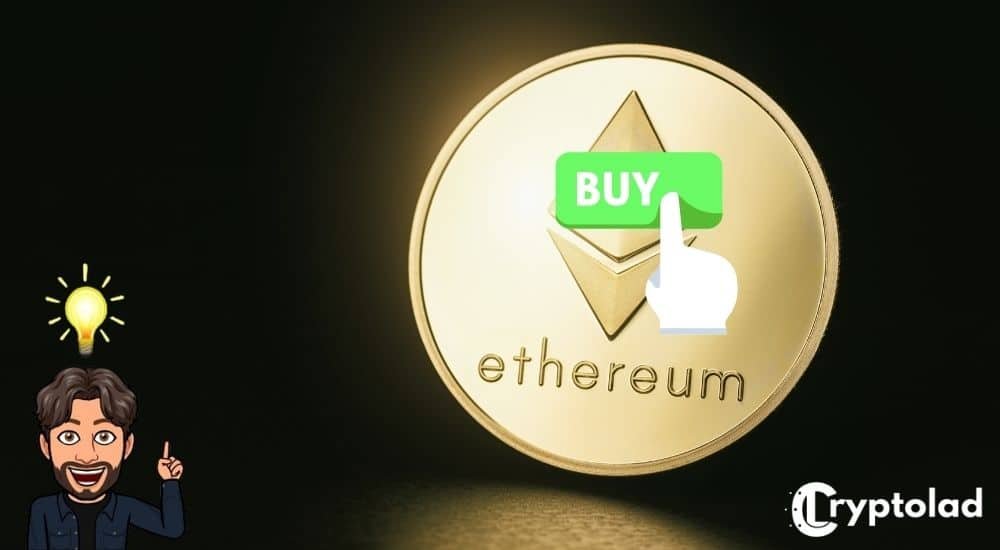
Ethereum (ETH) has performed exceptionally well in the last few years, second only to the mighty bitcoin. Values in the crypto world fluctuate greatly, giving you a lot of room to make some money now and then. It’s always a great idea to invest some of your money in buying a cryptocurrency token like Ethereum. Buying ether is the only way you can access the appealing Ethereum Network with vast opportunities, apps, etc. There are tons of other different reasons for people to invest in Ether, but we won’t go into that much. Here’s one of the ways that you can buy Ethereum.
1. Find a trading platform and exchange
Finding a good trading platform or exchange for your needs is very important. Coinbase, Bitfinix, Binance, Kraken, Gemini, Bitstamp, etc., are all market leaders, especially when it comes to Ethereum. Check out our Best Cryptocurrency Exchanges In 2021.
2. Create an account on the marketplaces or exchanges
Once you’re done selecting your exchange, you now have to open your account on that trading platform just like you would at a brokerage firm using identification, SSN, name, email, other cases, etc. Still not sure? Check out our article How to Buy Crypto: The Ultimate Guide
3. Deposit money into your account
Now you have your account, and it’s time to transfer your fiat currency in dollars, euros, etc., you will use it to buy or sell Ethereum on the exchange. You can invest as little as 5 dollars and go all the way up to 1000 dollars.
4. Begin trading with that money.
With the amount of fiat currency that you sent to your trading account from your bank, you can start trading Ethereum or other cryptocurrencies.
5. Withdraw ETH into your wallet or withdraw them into cash
Once you have purchased an ETH through the market, you can cash in the cryptocurrency after a while into your bank account or your own wallet. If you want to sell your ETH in exchange for cash, you’ll first have to transfer it to a fiat or forex change and then cash in from there.
Our Take On Ethereum
Ethereum has changed the way a relationship is carried between the decentralized platform and the immediate customers. This decentralized platform goes by principles like fairness, transparency, trustworthiness, security, and flexibility. So, this overview provides a great insight into Ethereum and its related features. If you are a newbie, this guide will help you to know what Ethereum is, how it got started, and why to choose it for investment.

